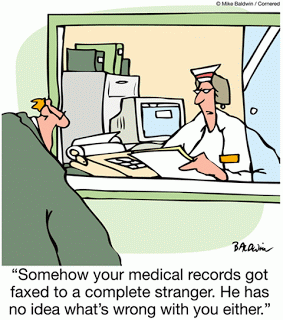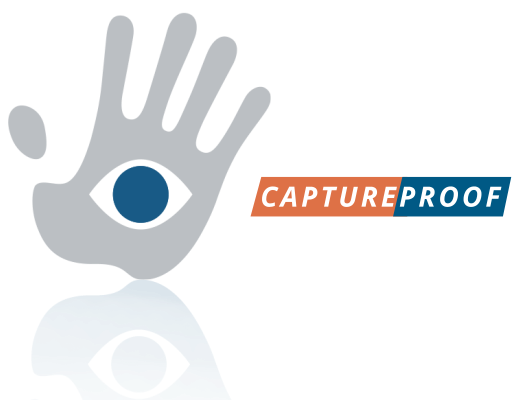Social media, technology, security, and you.
Three trends in technology have held true over the past decade:
- Social media continues to evolve.
- Smartphone apps will continue to develop.
- Technology use will increase at hospitals and healthcare institutions.
As a healthcare practitioner, even as you gain more experience dealing with social media, technology, and HIPAA – it is always important to keep up to date on the many ways information, especially patient information (PHI/ePHI), can be transferred between your staff, through the hospital, and outside the hospital. Whether it is word of mouth, through social media, or with photos – your best line is to stay up to date in order to best tailor the policies and procedures to respond to the risks presented.
It is best to review your policies and procedures every three months with your legal department to make sure that everything is in compliance with HIPAA and your healthcare institution’s standards. Remember that there is no one size that fits all policy – so what may work for one hospital will probably not work for a private practice and vice versa.

Big or small, here are 3 tips that may help you manage HIPAA risks:
1. Familiarize Yourself With HIPAA
One of the risks with social media is the potential for the disclosure of Patients’ PHI/ePHI – often done by accident and unrecognized. Every few months, refresh your understanding of HIPAA, and make sure to educate your staff and patients as well. Educate everyone about patient privacy – it’ll be easier to recognize and deal with HIPAA risks and violations.
2. Familiarize Yourself With the Environment

Understand the risks: photos, videos, social media, phone messaging. If a Patient’s PHI is leaked, and it is identifiable – it is a HIPAA violation.
Familiarize yourself with different forms of media (Facebook versus Twitter or Instagram versus Reddit) so that you can be able to craft clear policies.
3. Stick To Your Policies and Procedures
HIPAA can be vague and confusing, so it is important to create clear guidelines so that doctors, the healthcare staff, and the patients can understand. Policies and procedures are meant to be followed by everyone at the healthcare institution not just doctors. If employees understand how their behavior and actions can impact the practice, they will think twice when they see a risk for a HIPAA violation. So remember to train your staff and remind your patients to respect not only their own privacy, but the privacy of others.

At CaptureProof we understand that once you lose privacy you cannot get it back. Our “Security First” summer series was developed, in large part, because we wanted to educate and promote the respect, passion and enthusiasm we have for security and privacy in healthcare.
We want to thank everyone for following this series, reading and sharing these posts, and participating in discussions on HIPAA and patient privacy. Can you believe it’s been nine weeks? Time certainly flies by when you’re learning about HIPAA (and having fun). We hope you learned from our summer series, and are successful in reducing HIPAA violation risks. We wish you your best health and best security – for all players in healthcare today – from physicians to practitioners, to institutions to the patients they treat.
To read more:
- http://medicaleconomics.modernmedicine.com/medical-economics/news/modernmedicine/modern-medicine-feature-articles/how-ensure-your-social-media-?id=&sk=&date=&pageID=3#
- http://medicaleconomics.modernmedicine.com/medical-economics/news/physician-use-social-media-navigating-risks
#HIPAA #PatientPrivacy #HIPAAEducation #PHI #ePHI #hcsm #SocialMedia #HealthTech #HealthIT #Healthcare
